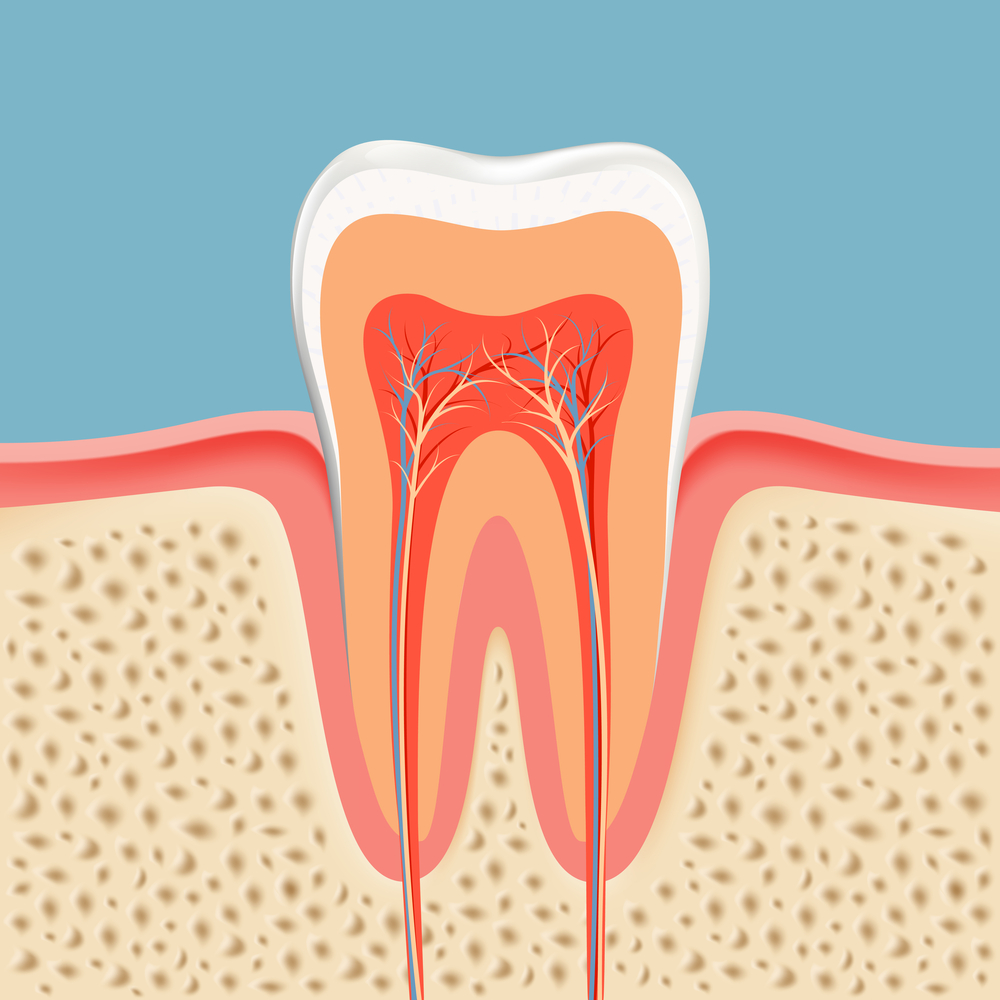A root canal is never a fun procedure; you may even cringe in pain just when hearing the name. However, it can be necessary to your oral health. Here are 4 things you need to know about root canals.
Why is a root canal necessary?
In the center of a tooth, there is a soft area known as dental pulp. The nerves and blood vessels flow through the root of your tooth (the parts of your tooth that look like two legs) into the center of the tooth, housed in the dental pulp. If the nerve tissue or pulp is damaged, the center of your tooth begins to break down and decay, inviting bacteria to multiply within your tooth and cause an infection. When your tooth’s nerve or pulp is damaged, your dentist will recommend that you get a root canal to remove the infected pulp. The infection can lead to a total loss of the damaged tooth, and can lead to other health problems.
What activities harms my nerves and pulp?
There are many things that can harm the nerves and pulp within a tooth. If you have deep decay in your tooth because of an untreated cavity, your nerves and pulp are usually damaged. Large fillings can lead to damage, as well as repeated procedures on one tooth. If you crack or chip your tooth, it may harm the nerves in your tooth, depending on the severity of the damage. Severe trauma to your face from a car or sporting accident can even damage the center nerves and pulp of a tooth.
What happens during root canals?
Your dentist will first look at an X-ray of your mouth, locating the damaged part of your tooth. There are three parts of a root canal procedure that your dentist will perform:
- The dentist will begin by numbing the infected tooth and area around it with a local anesthetic. A rubber dam will be placed around the infected tooth to prevent bacteria-ridden saliva from getting into the tooth.
- The dentist will then access the damaged pulp by drilling a hole into your tooth. Once the pulp chamber is reached, the dentist will remove all diseased substances in the chamber and root canal. The center of the tooth will be cleaned out and shaped to provide support for the filling that will be inserted.
- Once your tooth and canal is thoroughly cleaned out, a rubber material known as gutta-percha is used to fill in the hole of your tooth. A paste is then applied to seal the filling in the tooth.
What are ways to prevent damage to my teeth?
The most important way to prevent damage to your teeth is to practice good oral hygiene. Brush your teeth twice a day, floss once a day, and visit your dentist at least twice a year. If you play sports, wear a mouthguard to protect your teeth from damage. If you use mouthwash, make sure it fights plaque and gingivitis to keep your teeth strong and healthy.
If you want to learn more about root canals or want to schedule a root canal appointment, contact Greenspoint Dental in Houston, Texas today. We are dedicated to providing you and your family with the best dental care.

